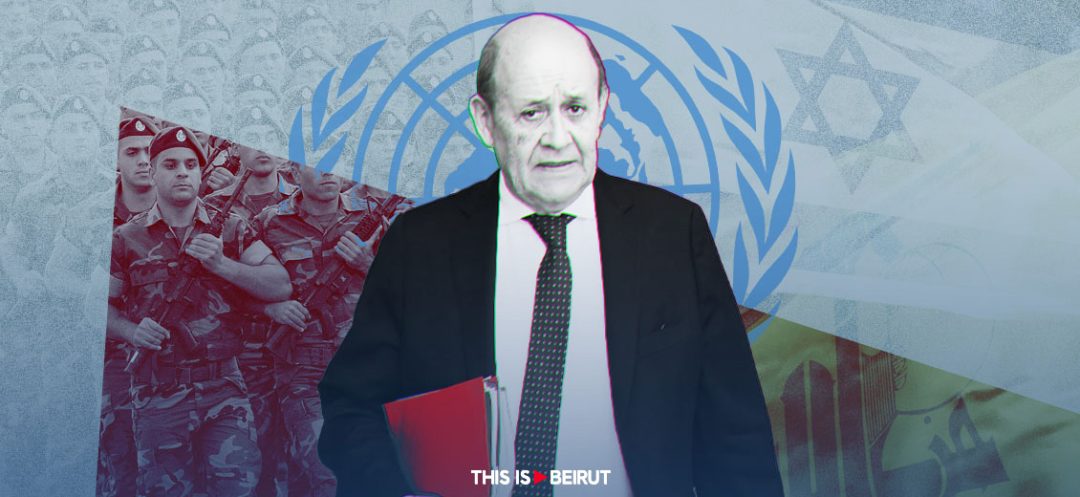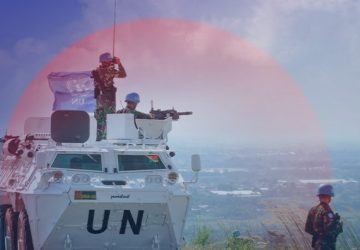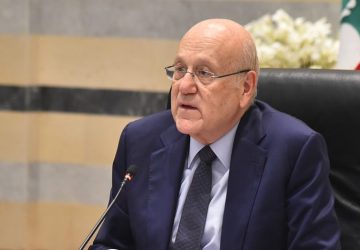Listen to the article
In the aftermath of the July 2006 war, the United Nations Security Council issued Resolution 1701, establishing a south zone of the Litani River free from weapons and illegitimate armed elements. In exchange, Israel was expected to cease its violations of Lebanon’s airspace, territory and waters. Nonetheless, this resolution has not been implemented, neither by Hezbollah nor by the Israelis. UNIFIL forces and the Lebanese army proved incapable of imposing the implementation of this agreement on the Lebanese side, which provided Israel with a pretext to continue its violations.
Since October 7, it became evident that the resolution in question was nonexistent. Rather, it was restricted to the nominal and insignificant presence of international forces and the army, neither of which possessed the authority or capability to effectively manage the security situation and prevent Hezbollah, along with other Lebanese and non-Lebanese organizations, from launching attacks against Israel from Lebanese territory.
Given the prevailing circumstances, Israel took decisive steps to impose the implementation of the resolution. In this context, it communicated its stance through messages sent to all the permanent member States of the United Nations Security Council. The United States, France and the United Kingdom have taken steps in this direction, conveying to the caretaker Prime Minister, Najib Mikati, and other Lebanese officials and leaders the urgency and significance of implementing this resolution. In line with this effort, Amos Hochstein, the chief advisor to the US president, and Jean-Yves Le Drian, the envoy of French President Emmanuel Macron, visited Beirut.
Those who met with Le Drian emphasized his strong stance on the imperative implementation of the resolution, especially given the unanimous support it was granted by various Lebanese parties, particularly Hezbollah, upon its issuance. Le Drian also underscored France’s direct engagement in the process, pointing to its approximate deployment of 700 military personnel in southern Lebanon. He went on to say that the time has come, 17 years after the issuance of this resolution, to establish a mechanism through the Security Council for its effective implementation. This mechanism is expected to be crafted in a manner that will ensure approval from the five permanent members, thereby preventing the use of veto power to thwart it.
According to available information, France has initiated the drafting of a bill that outlines the implementation mechanism. This bill is set to undergo a collaborative review with the US, the United Kingdom and some other countries deploying troops in the international forces. It is also expected to reach Israel, Russia and China for consideration. However, a potential challenge is looming over this mechanism, as some members of the Security Council may consider it an amendment to Resolution 1701 and reject it.
As for certain parties in Lebanon, especially Hezbollah, that did not provide the French envoy with any clear response regarding the implementation of Resolution 1701, the argument is made that addressing violations should begin from the Israeli side, emphasizing that any actions taken by the Lebanese side are in retaliation to these violations.





